
Author Mads Timmermann
Mads has 14+ years of experience as a skin expert and has written/read this article.
Acne is a common skin condition affecting millions of people worldwide. It can be frustrating and challenging to manage, but various treatments and remedies are available to help soothe and improve the skin. One often-overlooked treatment option is zinc, an essential mineral that plays a crucial role in maintaining the health of our skin. Zinc has been shown to have anti-inflammatory and antimicrobial properties, making it a potentially useful addition to your acne-fighting routine.
Understanding how zinc works to combat acne requires a closer look at the underlying causes of this skin condition. Acne is primarily caused by the overproduction of sebum, a natural oil in our skin, combined with a buildup of dead skin cells. This creates a perfect environment for bacteria to grow, resulting in inflammation and the formation of acne lesions. Zinc can help manage some of these factors, as it has been found to reduce sebum production and inhibit bacterial growth, thus providing potential support for those suffering from acne.
Key Takeaways
- Zinc is an essential mineral with anti-inflammatory and antimicrobial properties that may help treat acne.
- Zinc can help manage acne by reducing sebum production, inhibiting bacterial growth, and supporting the overall health of our skin.
- Forms of zinc for acne treatment include oral supplements, topical solutions, and zinc-infused skincare products, with real-world evidence supporting its effectiveness.
Understanding Acne and Zinc's Role
The Science of Acne
Acne is a common skin condition caused by blocked hair follicles and oil glands, leading to the development of pimples, blackheads, and whiteheads. Several factors contribute to acne, including hormones, increased sebum production, inflammation, and the presence of P. acnes bacteria (source). Genetics and lifestyle habits may also play a part in acne development. Many studies have suggested a link between acne and various nutrients such as Vitamin A, Vitamin B12, and Zinc (source).
Zinc's Mechanism of Action
Zinc is an essential trace element that plays a crucial role in numerous physiological processes. With anti-inflammatory and antimicrobial properties, it has been widely studied for its potential in acne treatment. Zinc's specific actions in acne treatment include:
- Regulating Sebum Production: Zinc can help regulate the production of sebum, the oil generated by our skin (source). Overproduction of sebum can result in acne development.
- Inhibition of P. acnes Bacteria: Zinc is known to exhibit antibacterial properties, particularly against P. acnes, the bacteria contributing to acne inflammation and lesions (source).
- Antioxidant Effects: Zinc also possesses antioxidant properties, helping counteract oxidative stress, a factor associated with acne inflammation (source).
A randomized, double-blind study examining the association between serum zinc levels and zinc supplementation in acne patients indicated that zinc supplementation might be beneficial in acne management. However, more comprehensive research is needed to fully understand the implications of using topical and oral zinc in acne treatment.
Incorporating zinc in your acne treatment plan can potentially help improve acne symptoms thanks to its anti-inflammatory and antimicrobial actions. It's essential, however, to consult a dermatologist before using any zinc-based treatments, as individual responses may vary.
Forms of Zinc for Acne Treatment
There are several forms of zinc that can be used in acne treatments. In this section, we will discuss the uses and benefits of three popular forms: Zinc Oxide, Zinc Gluconate, and Zinc Sulfate.
Zinc Oxide
Zinc oxide is a common ingredient in many topical skincare products. It is known for its antimicrobial properties, which can help to reduce the bacteria associated with acne. Also, it has anti-inflammatory effects that help to calm irritated skin and reduce redness caused by acne breakouts.
- Topical creams and ointments: Zinc oxide is often used in creams and ointments to treat mild to moderate acne effectively.
- Sunscreen products: As a natural UV blocker, zinc oxide is found in many sunscreens and can help to reduce the risk of sun-related acne flare-ups.
One example of using zinc oxide in acne treatment is applying a zinc oxide-based cream on the affected areas, reducing inflammation and allowing the skin to heal.
Zinc Gluconate
Zinc gluconate is a form of zinc that is easily absorbed by the human body. It can be taken as a dietary supplement or found as an ingredient in various skincare products.
- Oral supplements: Zinc gluconate supplements are available over-the-counter and can help in boosting your overall zinc levels, promoting skin health and preventing future breakouts.
- Skincare formulations: Some creams and lotions contain zinc gluconate as it is known for its anti-inflammatory and antimicrobial properties.
There are studies suggesting that oral zinc gluconate can help in treating acne, especially when combined with other acne medications.
Zinc Sulfate
Zinc sulfate is another form of zinc used in acne treatment. It can be taken orally as a supplement or found as a topical solution in skincare products.
- Oral supplements: Zinc sulfate supplements can assist in the process of reducing inflammation, aiding the healing process, and improving overall skin health.
- Topical solutions: As a potent form of zinc, it is often used in the treatment of more severe cases of acne.
Although zinc sulfate is effective in treating acne, it is important to note that it may exhibit a higher risk of side effects compared to other forms of zinc, particularly when taken orally.
Usage Guidelines and Considerations
Recommended Dosage
When using zinc to combat acne, it's crucial to know the recommended dosage to obtain the best results. Generally, oral zinc supplements are available in varying strengths, with the most common dosage being 30 to 45 mg of elemental zinc per day. It is essential to note that this recommended dosage is meant for adults, and the specific dosage for teenagers or children might differ. Consult with a healthcare professional to determine the appropriate dosage for younger individuals.
Potential Side Effects
Zinc is considered safe when taken in appropriate dosages, but there are some potential side effects one should be aware of. High doses of zinc might cause stomach discomfort, nausea, vomiting, and diarrhea. Some users might also experience a metallic taste in the mouth. Long-term use of high zinc doses can lead to an imbalance of other essential minerals and potentially harm the immune system. To avoid these issues, always ensure to follow the recommended dosage.
Interactions with Other Medications
Zinc supplements could potentially interact with certain medications. For instance, taking zinc simultaneously with antibiotics might affect the absorption of both substances, making them less effective. It is advised to take zinc supplements at least two hours before or after antibiotic consumption to prevent any interaction. Similarly, zinc absorption can be affected by medications such as proton pump inhibitors. If you're using any prescription medications, consult your healthcare provider before starting a zinc supplement regimen to avoid any adverse effects or complications.
In conclusion, using zinc as a supplement to treat acne can be an effective and safe solution, provided the proper dosage and considerations are taken into account. Always consult a healthcare professional to determine the most appropriate course of action for your specific needs and find a suitable treatment to help with your skincare journey.
Real-World Evidence: Studies and User Experiences
When evaluating zinc as a treatment for acne, it's essential to consider real-world evidence from both scientific research and user experiences. Both types of information can provide valuable insight into the effectiveness of zinc supplements and topical treatments for acne.
We found a study that explores the relationship between acne and zinc. It suggests that some people have noticed improvements in their acne symptoms after using zinc supplements or topical treatments containing zinc. However, like any acne treatment, the effectiveness of zinc can vary depending on the individual's skin type and severity of acne.
When discussing user experiences, it's important to recognize that individual results may be subjective. Some people might find success with zinc supplements, while others may not notice any significant improvement in their acne symptoms. Since zinc has anti-inflammatory and antibacterial properties, it can be particularly effective for those with inflammatory acne.
In terms of topical treatments, a research article highlights the potential side effects of some acne medications containing zinc. In a few cases, patients experienced exacerbation of acne symptoms after using erythromycin and zinc combination treatments. It is important to note that any medication can have potential side effects, and it is always best to consult with a healthcare professional before starting any new treatment for acne.
The safety of zinc oxide in sunscreens has also been investigated. Research suggests that zinc oxide nanoparticles are generally safe; however, further studies are needed to confirm their safety in real-world settings.
To sum up the real-world evidence:
- Zinc has shown potential for treating acne, but results may vary among individuals.
- Some users may experience side effects from acne medications containing zinc.
- Zinc oxide in sunscreens is considered safe, but more research is needed to confirm its long-term safety.
Remember, everyone's skin is unique, and response to different treatments can vary. So, it's essential to consult with a dermatologist or healthcare professional before starting any new skincare routine or incorporating supplements like zinc.
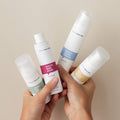
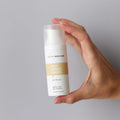
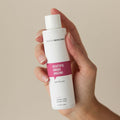
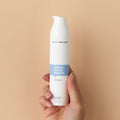
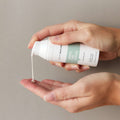
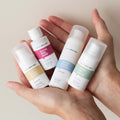
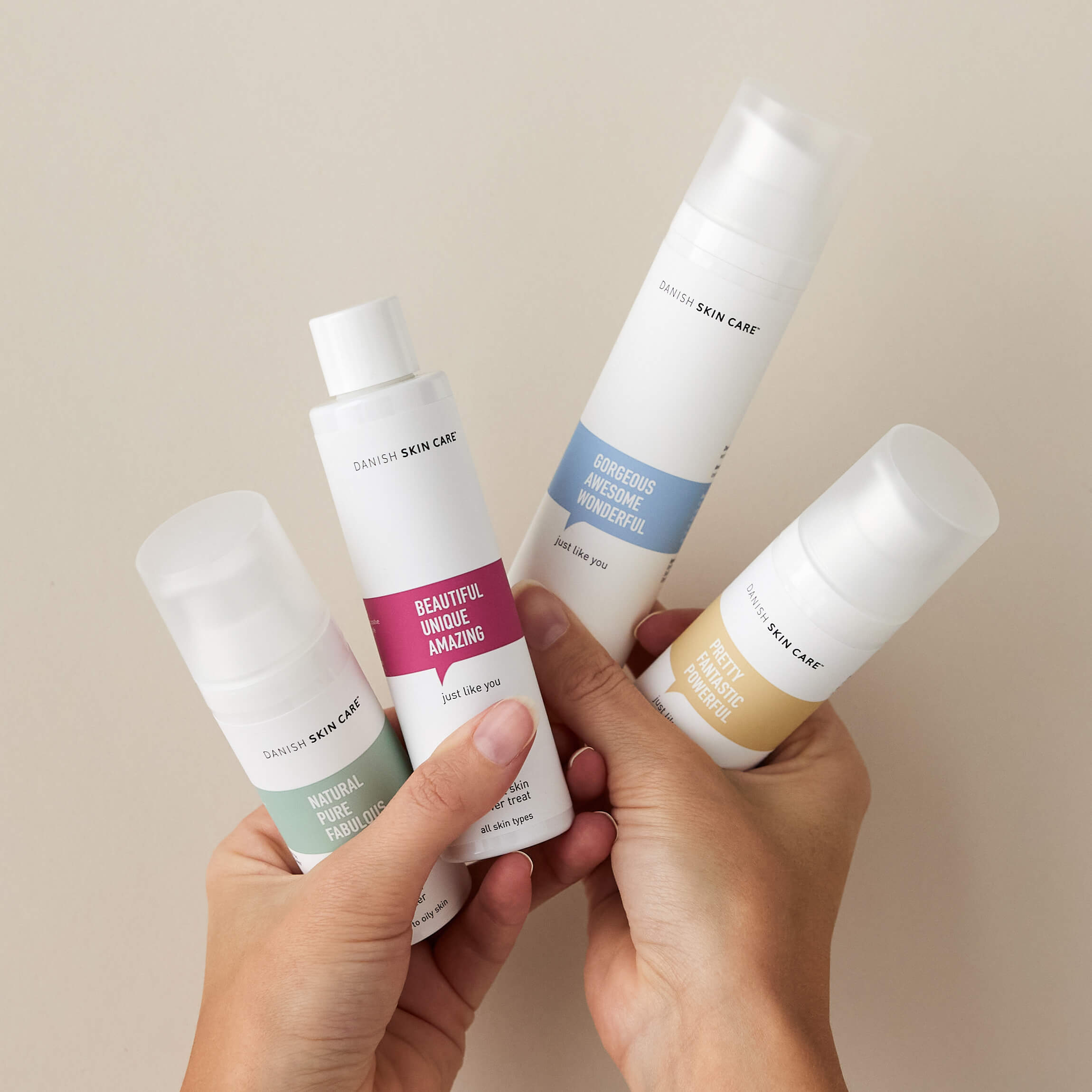
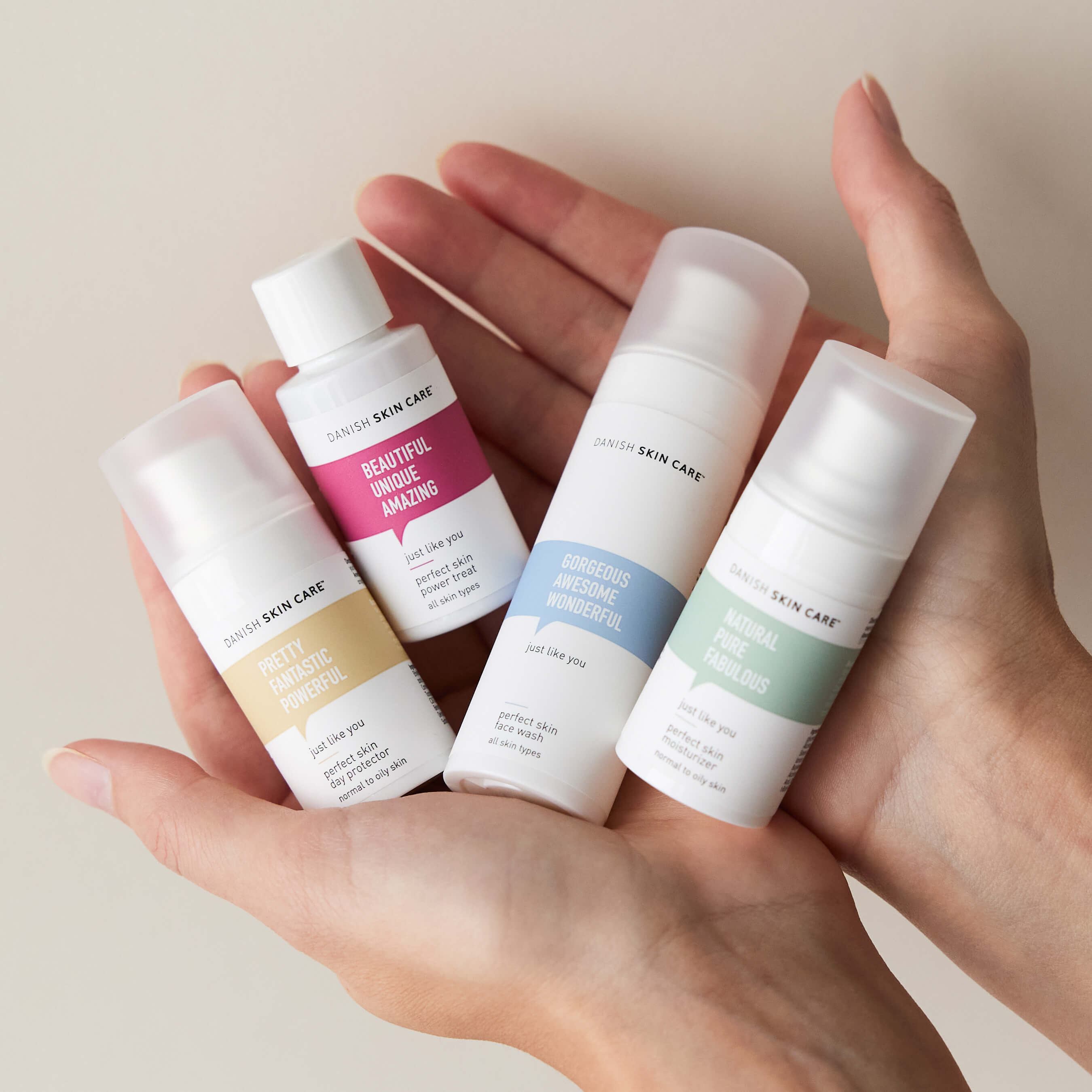

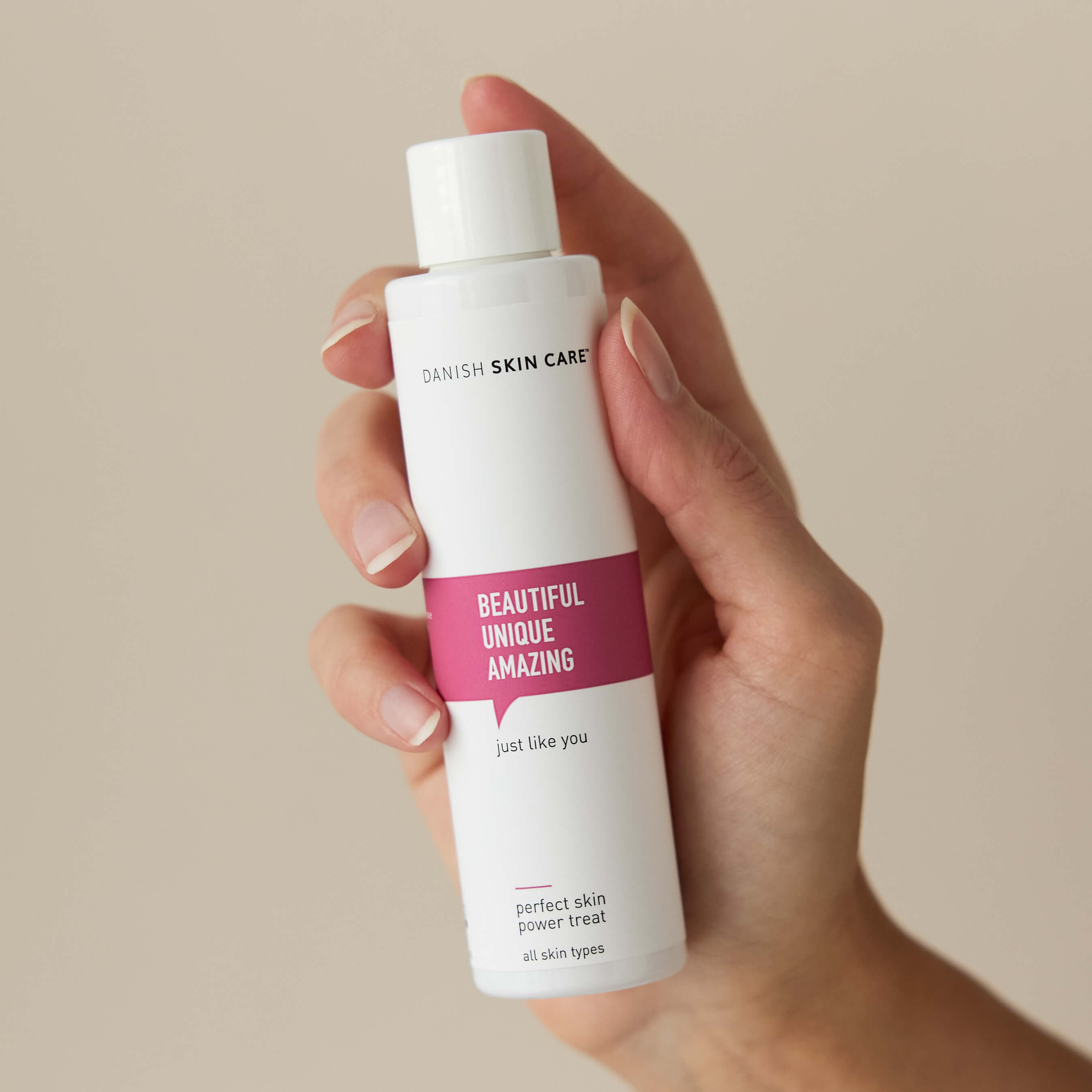


Leave a comment